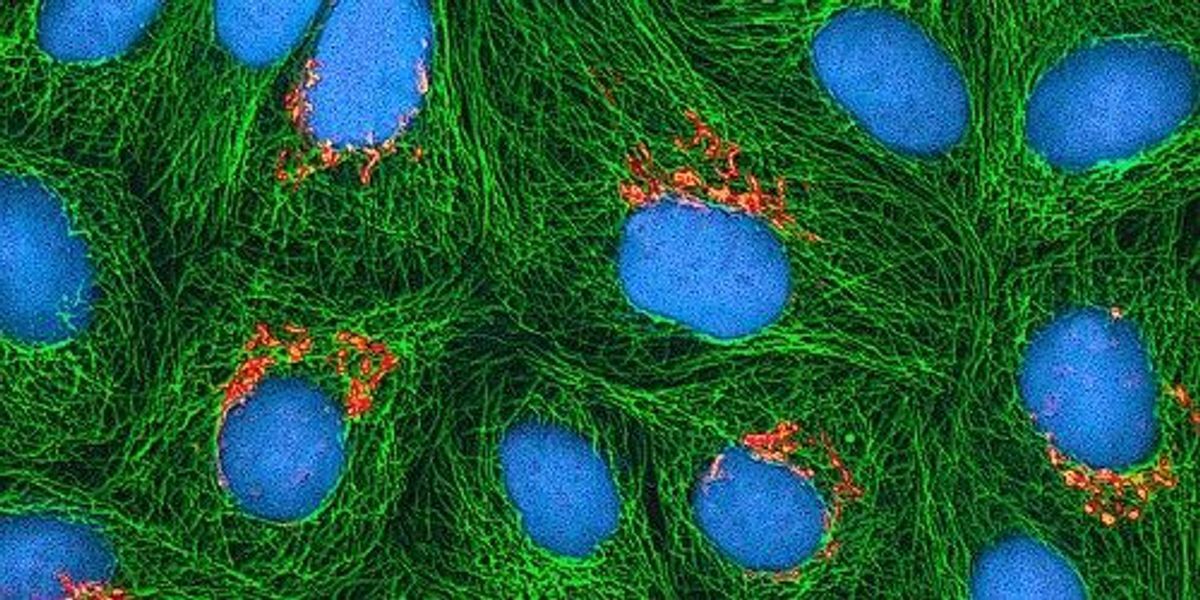A recent joint exploratory study conducted by researchers at Children’s Hospital Los Angeles and Boston Children’s Hospital has found that a standard biomarker can be used to predict the impact of early toxic stress on the cognitive development and overall health of individual infants. This breakthrough discovery fills a gap in current research, as there are currently no reliable measures to assess the risk of early adversity on individual children.
Toxic stress refers to prolonged, repeated, and harmful overactivation of the body’s stress response. It has been shown to have detrimental effects on cell function and can lead to disruptions in cognitive development, hormone regulation, and immune system function. Adversity experienced during childhood, such as abuse, parental violence, and exposure to substance abuse or mental illness, has been linked to negative health outcomes later in life.
Previous studies, including the groundbreaking Adverse Childhood Experiences (ACEs) study, have demonstrated a connection between childhood adversity and adult health-risk behaviors, chronic illnesses, and shortened lifespan. However, these studies focused on population groups and did not provide insights into individual risk.
The researchers in this study explored whether a standard biomarker could measure the effects of toxic stress on mothers and their infants. They examined levels of F2-isoprostane, a chemical biomarker that indicates cell disruption and damage from oxidative stress, in samples of blood from mothers and urine from infants.
Oxidative stress occurs when cells cannot properly process their waste products, known as free radicals, generated during the body’s metabolic processes or in response to environmental factors. F2-isoprostane has previously been used to measure oxidative stress in adults, but its potential application in assessing the impact of stressors from adversity on infant development had not been explored.
The researchers found that cumulative risk scores, which reflect the level of adversity experienced around the time of birth, were correlated with higher F2-isoprostane levels in both mothers and infants after six months in the study. Furthermore, infants with higher levels of F2-isoprostane at the two-month study visit scored lower on a standard cognitive development test at one year old.
Additionally, higher cumulative risk scores predicted higher levels of the toxic stress biomarker in mothers throughout the one-year study. This suggests that the initial six-month window of development may be crucial in detecting the physical impacts of early adversity on both the body and brain.
The study’s lead author, neonatologist Dr. Kameelah Gateau, expresses optimism about the findings, stating, “We found a measure of the biological signature of toxic stress on infant brain development, something that no previous study has yet managed to accomplish. We believe that this sensitive and objective biomarker shows great promise in detecting how toxic stress affects the bodies and brains of children.”
These findings highlight the importance of early intervention and support for children experiencing adversity. By identifying the impact of toxic stress on infant development, targeted interventions can be implemented to mitigate these effects. The use of this biomarker could potentially revolutionize the field of childhood adversity research and improve long-term outcomes for affected individuals.
*Note:
- Source: Coherent Market Insights, Public sources, Desk research
- We have leveraged AI tools to mine information and compile it



